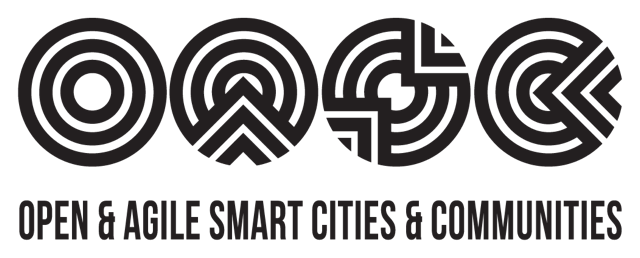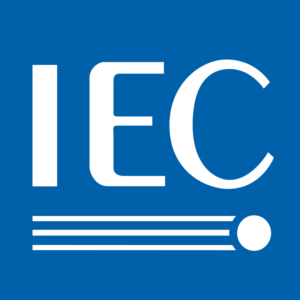Last week, IEC published an article on making sense of data for sustainable cities. The article discussses how data can be managed and benefited in cities by analyzing data in a holistic way and by use of consistent ontologies. According to the article, it is estimated that some 2,5 quintillion bytes worth of data are generated by Internet users each day. In cities, data comes from a wide range of sources including sensors, water meters, aerial photos, administration, utilities, transport, schools and much more. Cities that are ‘smart’ see the potential this data can offer them in creating a sustainable future.
The IEC definition of a smart city is “an urban area where improvements in quality of life, city services, sustainability and resilience are accelerated by the widespread and transformative use of data and technology”. The article adds that approaching cities as a system of systems, therefore, is a sensible approach, as is analyzing the data collected by the many different services in the city in a holistic way. To do this, it is vital that all the datasets use consistent and machine-readable definitions for all the entities – people, objects, processes – in the city.

